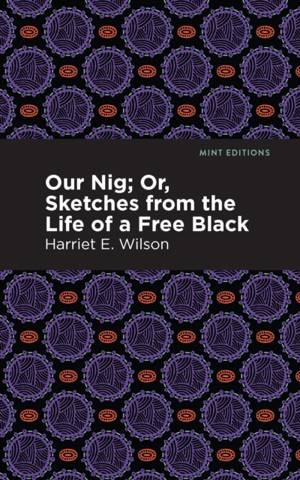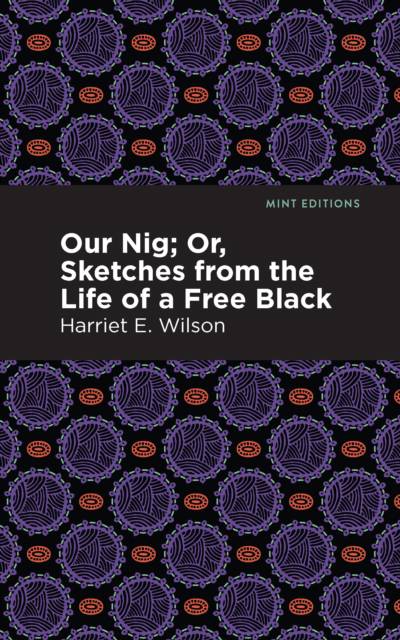
- Retrait gratuit dans votre magasin Club
- 7.000.000 titres dans notre catalogue
- Payer en toute sécurité
- Toujours un magasin près de chez vous
- Retrait gratuit dans votre magasin Club
- 7.000.000 titres dans notre catalogue
- Payer en toute sécurité
- Toujours un magasin près de chez vous
Description
Our Nig; or Sketches from the Life of a Free Black (1859) is an autobiographical novel by Harriet E. Wilson. Published anonymously, Our Nig; or Sketches from the Life of a Free Black is considered the first novel by an African American to be published in North America, having been rediscovered by Professor Henry Louis Gates, Jr. in 1981. Based on Wilson's own experience as a free black forced into indentured servitude in New Hampshire, the novel critiques the racism and indifference of white Northerners and abolitionists who claim to oppose slavery while upholding prejudice and injustice against African Americans.
Abandoned by her white mother following the death of her father, a free black man, Frado is raised as an indentured servant on the Bellmont farm. The Bellmonts, a middle-class family, initially believe Frado has been dropped off by her mother for the day, but when Mag fails to appear for several days, they realize the girl has been left in their care. Unwilling to raise her as one of their own, the Bellmonts immediately put her to work in their kitchen. Although she is treated kindly by their son Jack, Frado is frequently beaten by Mrs. Bellmont, who resents having the young mixed-race girl in her house and sees her work as an intrusion on her own housekeeping duties. Suffering under Mrs. Bellmont's abuses, Frado longs to escape.
With a beautifully designed cover and professionally typeset manuscript, this edition of Harriet E. Wilson's Our Nig; or Sketches from the Life of a Free Black is a classic of African American literature reimagined for modern readers.
Spécifications
Parties prenantes
- Auteur(s) :
- Editeur:
Contenu
- Nombre de pages :
- 76
- Langue:
- Anglais
- Collection :
Caractéristiques
- EAN:
- 9781513277370
- Date de parution :
- 23-02-21
- Format:
- Livre broché
- Format numérique:
- Trade paperback (VS)
- Dimensions :
- 127 mm x 203 mm
- Poids :
- 95 g







